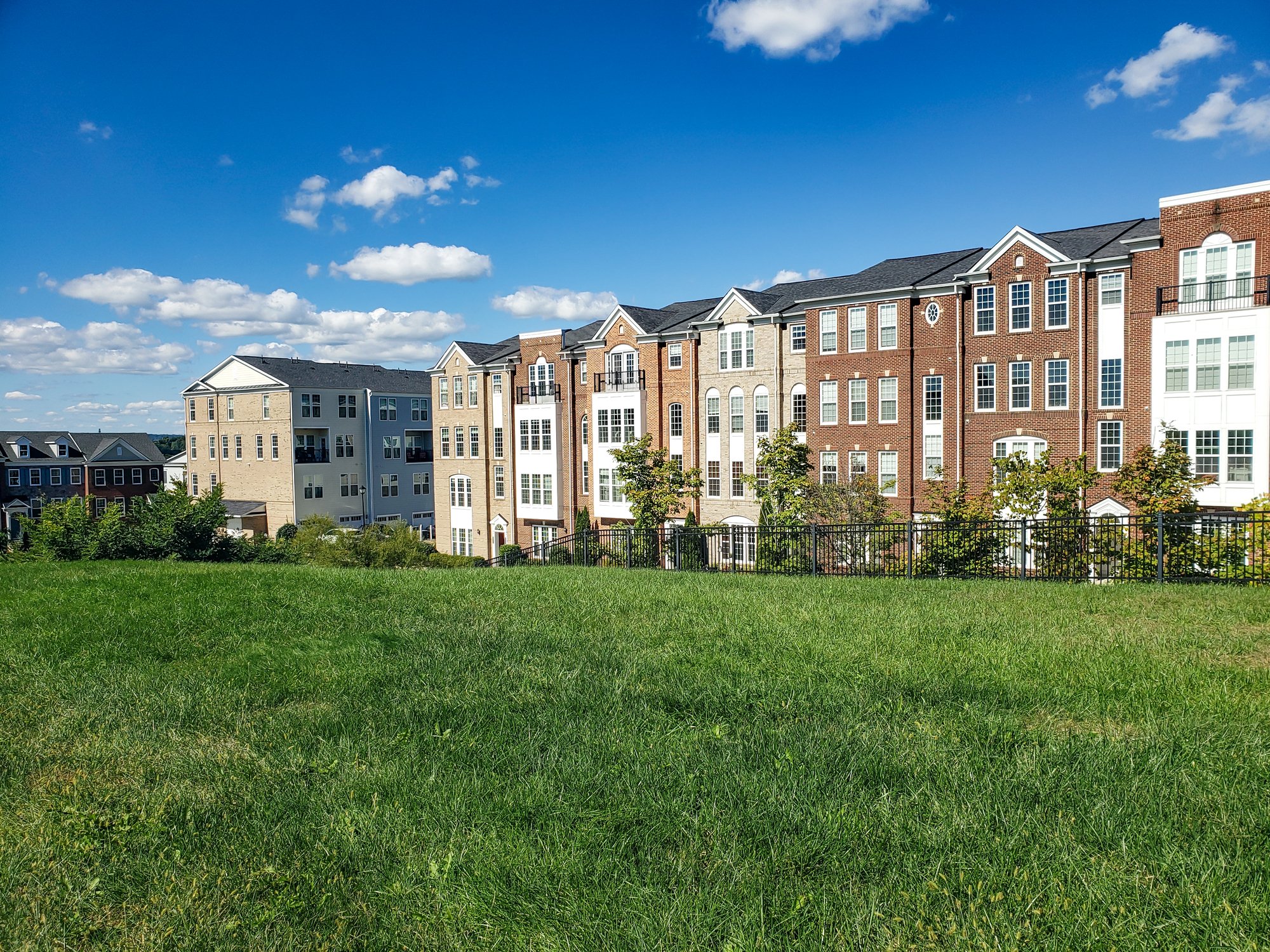TRENTON, NJ – New Jersey is forcing rural and suburban towns to build high-density development to accommodate a housing crisis, caused in part by the influx of hundreds of thousands of illegal migrants living in New Jersey.
There’s just one problem with the state’s mandate. It forces small towns to build massive low-income, affordable housing complexes but does not require new construction where it’s most needed, in the state’s urban centers.
Senator Joe Pennacchio (R-26) expressed strong opposition to a recent court decision allowing the continued implementation of New Jersey’s state-mandated housing law. This decision comes as a case challenging the law’s constitutionality remains unresolved.
“I’m disappointed with the court decision to move forward with the implementation of unaffordable, unrealistic, and unfair state-mandated housing obligations,” Pennacchio said. “Asking for a temporary stay was a reasonable and tempered request until the larger case was decided.”
While Pennacchio acknowledged the need for housing solutions to support young professionals and families, he criticized the mandates as extreme and detrimental. He accused Trenton Democrats of enacting policies that strain municipalities, encroach on open spaces, reduce quality of life, and increase living costs.
“The current mandates unfairly exclude the very towns and cities with the greatest need, creating a system that fails both the municipalities and the people it’s meant to help,” he added.
The backlash follows Mercer County Superior Court Judge Robert Lougy’s denial of a motion to pause the law’s implementation. A subsequent hearing is set for January 31 to address a motion to dismiss the municipalities’ lawsuit entirely.
In response to the housing debate, Pennacchio introduced legislation (S-431) in March to reinstate Regional Contribution Agreements (RCAs). This approach would enable towns to collaborate on building low-cost housing in areas best equipped to handle growth, ensuring a more balanced system.
“By reinstating RCAs, we can ensure that low-cost housing is built in the places that need it most, in communities that are eager to handle the growth and provide the necessary infrastructure,” Pennacchio argued. He further criticized the current system for neglecting towns with the greatest need and failing to serve municipalities and residents alike.

